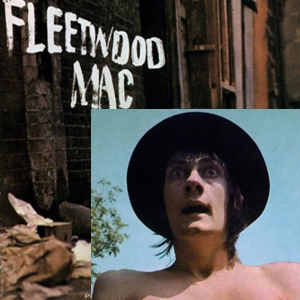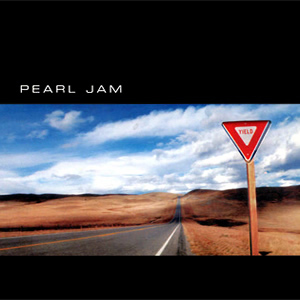Fleetwood Mac 1968 Albums
Buy Fleetwood Mac Buy Mr. Wonderful The long and multi-faceted recording career of Fleetwood Mac got started in 1968 when the group was producing pure blues music and led by guitarist and vocalist […]

Buy Fleetwood Mac Buy Mr. Wonderful The long and multi-faceted recording career of Fleetwood Mac got started in 1968 when the group was producing pure blues music and led by guitarist and vocalist […]

Buy Yield Pearl Jam‘s fifth studio album, Yield, has been viewed as a commercial rebound for the band after a slight drop in popularity during the mid 1990s. The album saw a return […]